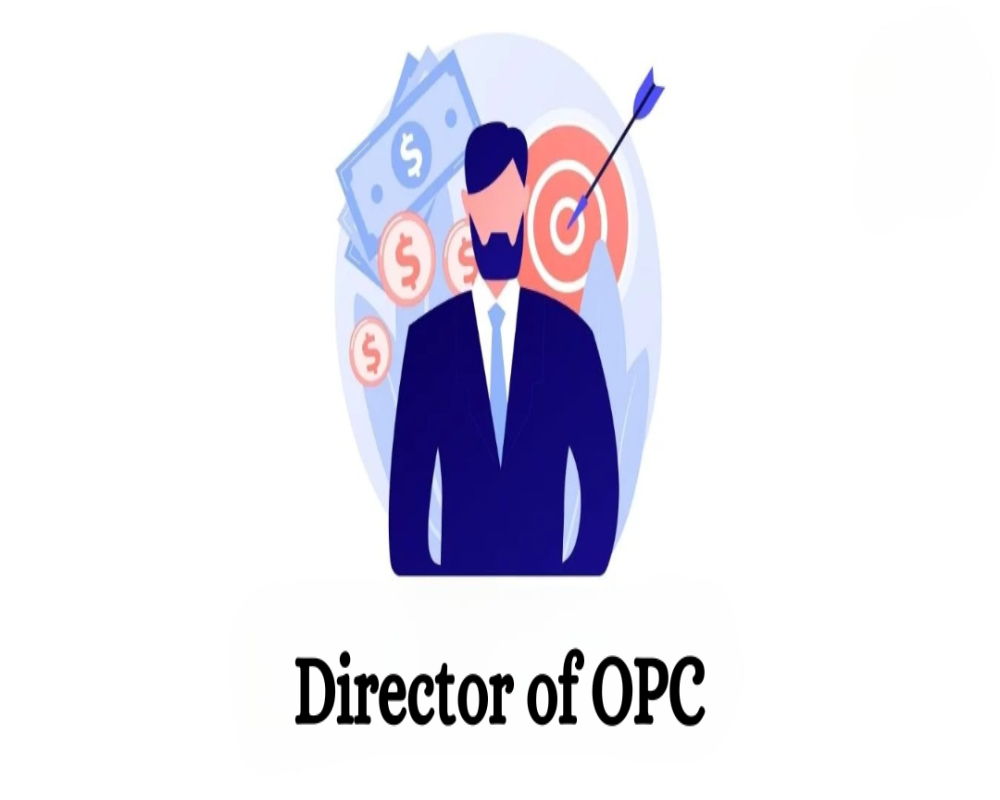Introduction
A One Person Company (OPC) is a hybrid business model that allows a single entrepreneur to enjoy the benefits of incorporation under the Companies Act, 2013. While the structure is designed for individual ownership, the company must still be managed by a director, who acts as the key managerial authority. In many cases, the sole member also assumes the role of director. However, the law specifies certain eligibility criteria that govern who can become a director of an OPC. This article establishes these criteria and the legal framework that surrounds the appointment.
Natural Person Requirement
Only a natural person can become a director of an OPC. This means that artificial entities such as companies, LLPs, or associations cannot hold the position. The individual must be capable of entering into a legal contract and carrying out responsibilities as defined by the Companies Act.
Resident in India
The director of an OPC must be a resident of India. As per Section 149(3) of the Companies Act, 2013, a resident is someone who has stayed in India for at least 120 days during the financial year. This provision ensures that the director is accessible and available for operational and compliance-related matters within India.
Director Identification Number (DIN)
To be appointed as a director, the individual must obtain a Director Identification Number (DIN) from the Ministry of Corporate Affairs (MCA). This unique number is mandatory for any director and must be mentioned in official filings and correspondence. DIN is usually obtained while filing the SPICe+ incorporation form.
Age and Legal Capacity
There is no specific minimum or maximum age limit prescribed for becoming a director under the Companies Act, but the individual must be competent to contract. This generally means the person must be at least 18 years old, mentally sound, and not disqualified by any other law.
Disqualification Under the Companies Act
Certain conditions disqualify a person from being appointed or continuing as a director. These include:
- Being declared insolvent
- Being convicted of a crime involving moral turpitude with a sentence of more than six months
- Being disqualified by an order from a court or tribunal
- Failure to file financial statements or annual returns for three consecutive years in any company
A person under these conditions cannot legally become or remain a director in an OPC or any other company.
Number of Directorships Allowed
An individual can serve as a director in a maximum of 20 companies, including private, public, and OPCs. However, within this limit, the number of public companies cannot exceed 10. This cap is designed to ensure that directors are able to devote adequate time and attention to their roles.
Role of the Sole Member
In most cases, the sole member of the OPC is also its first director. However, the law permits the appointment of additional directors if needed, up to the maximum limit of 15 directors as per Section 149(1). Appointment of additional directors requires adherence to procedural rules including board resolutions and form filings.
Nominee Not Automatically a Director
The nominee appointed under the OPC’s memorandum of association steps in as the member in case of the owner’s death or incapacity. However, the nominee does not automatically become the director unless officially appointed as such through the required legal process.
Conclusion
To become a director of a One Person Company, an individual must be a natural person, a resident of India, legally competent, and free from disqualifications under the Companies Act. Whether acting as the sole member or a separate appointee, the director plays a crucial role in managing the company’s affairs and ensuring compliance. Understanding these eligibility requirements ensures lawful governance and smooth functioning of the OPC.
Hashtags
#DirectorOfOPC #OPCLeadership #BusinessDirectors #Entrepreneurship #CorporateGovernance #OPCRegulations #SmallBusiness #BusinessStructure #CompanyDirectors #Startups #BusinessGrowth #LegalRequirements #OPCFormation #DirectorQualifications #BusinessSuccess #EntrepreneurLife #LeadershipRoles #BusinessAdvice #OPCInsights #DirectorResponsibilities


0 Comments